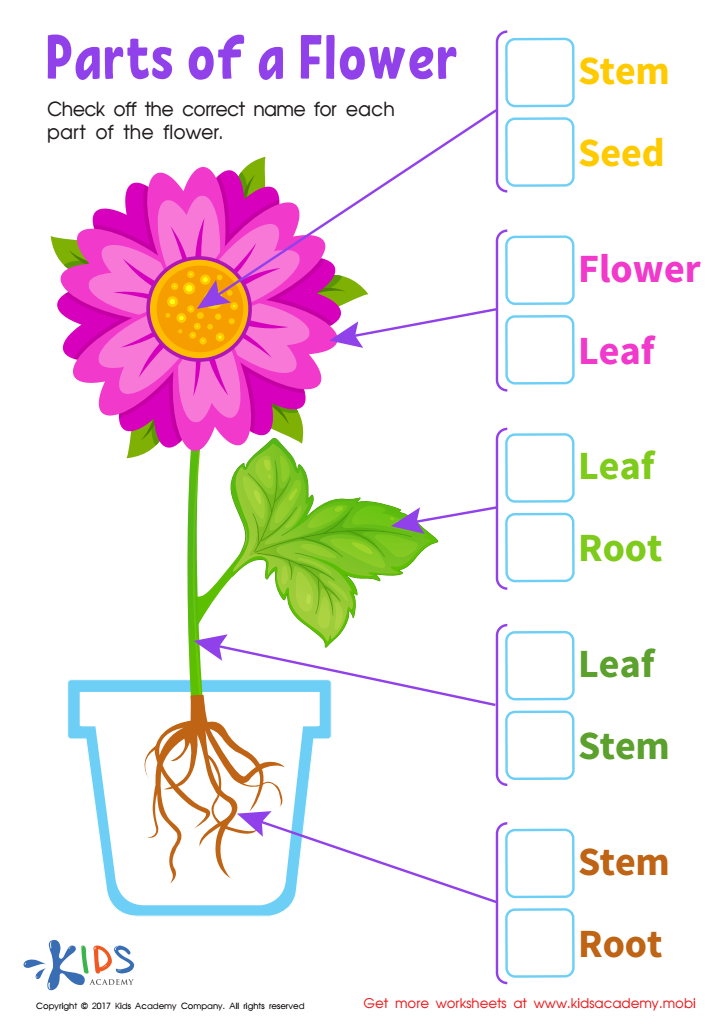Life Science Worksheets for Ages 3-4
3 filtered results
-
From - To
Explore our engaging Life Science Worksheets designed specifically for children aged 3-4! These fun and educational resources introduce young learners to the wonders of the natural world. Through interactive activities, kids will discover basic concepts about plants, animals, and their environments. Our worksheets promote early scientific thinking, observation skills, and vocabulary development while fueling curiosity about life science. Perfect for classroom use or at-home learning, they encourage hands-on exploration and playful learning. Dive into our collection and ignite your child's love for nature and science today! Ideal for early grade teachers and parents looking to enrich their child's foundational understanding of life sciences.


Parts Flower Printable


Herbivores Printable


Carnivores Worksheet
Life Science is a vital component of early education for children aged 3-4, offering numerous benefits for their development. At this young age, children are naturally curious about the world around them. Introducing them to basic life science concepts helps satisfy this curiosity, fostering a love for learning. Understanding living things—their needs, growth, and habitats—promotes critical thinking skills as children begin to explore questions about nature, animals, and plants.
Additionally, life science activities encourage hands-on learning. Engaging with soil, seeds, and even observing insects can enhance motor skills and sensory experiences, facilitating cognitive development. This interactive approach not only makes learning enjoyable but also promotes language development as children learn to express their observations and experiences.
Moreover, early exposure to life science instills a sense of responsibility and respect for the environment. Understanding the importance of caring for plants and animals fosters empathy and stewardship early on, which are essential qualities for building conscientious future citizens.
In summary, emphasizing life science in pre-school education empowers children to explore, understand, and appreciate the intricate world around them, laying the groundwork for critical thinking, communication skills, and a foundation for responsible decision-making later in life.
 Assign to My Students
Assign to My Students
















